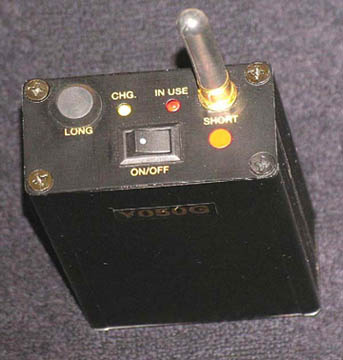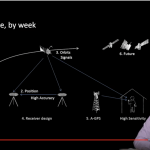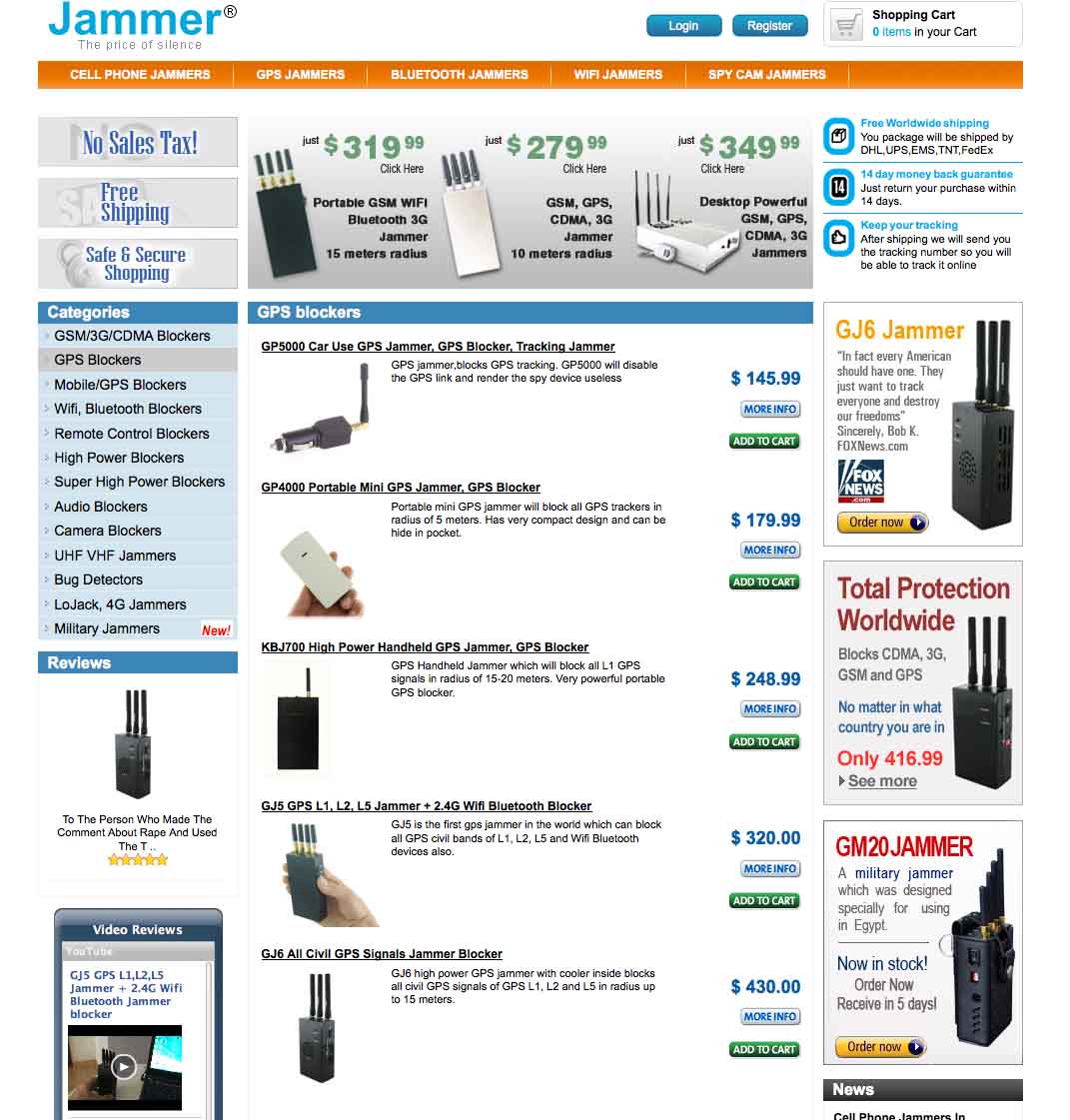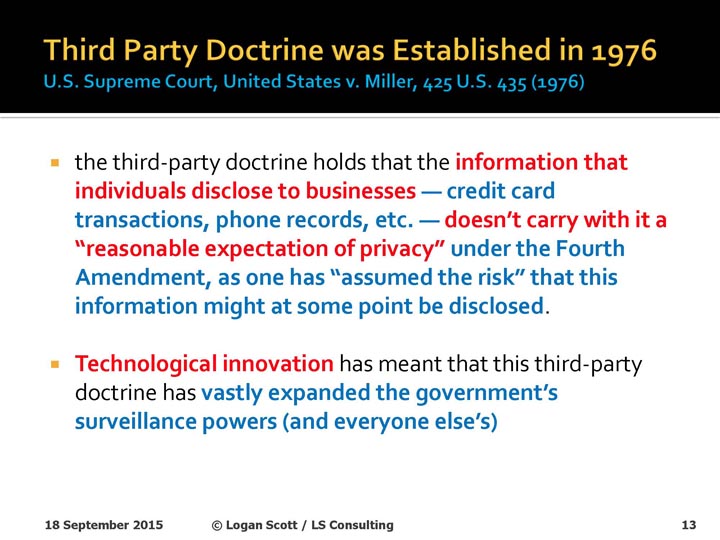 A discontinued model of GPS Jammer offered through UK website.
A discontinued model of GPS Jammer offered through UK website.Increasing incidences of interference to GNSS signals has led to a crackdown on Internet-based companies offering devices to jam cell phone, Wi-Fi, and GPS signals.
In October, the Federal Communications Commission (FCC) Enforcement Bureau issued 21 enforcement actions against online retailers in 12 states for illegally marketing more than 215 different models of wireless communications jammers, including nearly 80 types of devices that could jam GPS signals.
Increasing incidences of interference to GNSS signals has led to a crackdown on Internet-based companies offering devices to jam cell phone, Wi-Fi, and GPS signals.
In October, the Federal Communications Commission (FCC) Enforcement Bureau issued 21 enforcement actions against online retailers in 12 states for illegally marketing more than 215 different models of wireless communications jammers, including nearly 80 types of devices that could jam GPS signals.
Nearly all of the 21 companies offered GPS jammers along with others for CDMA, GSM, UMTS, LTE, PHS, and DCS. Some devices were advertised as GPS-only jammers; others were identified as jamming a variety of signals.
The signal jamming devices listed in the Omnibus Citation and Order include GPS blockers for vehicles, high-tech signal blockers with remote control capabilities, jammers disguised as paintings and cigarette packs, and other small, easily-concealable cell phone jammers, as well as high-powered industrial jammers that have the potential to disrupt radio signals in areas as large as a football field.
The FCC actions following the issuance of two FCC enforcement advisories last February, directed at retailers and users of cell phone, Wi-Fi, and GPS jammers in violation of the Communications Act of 1934.
The agency directed each online retailer to take “immediate steps” to cease marketing signal jamming devices to consumers in the United States and its territories. Those steps include removing the illegal signal jamming devices from online display, expressly excluding consumers in the United States as potential customers, and declining to sell signal-jamming devices or complete any sales transaction to consumers in the United States.
In a request for information attached to the Omnibus Citation, the Bureau also ordered the online retailers to provide details about their signal jammer suppliers, distribution channels, and sales, including the manufacturer of each illegal signal jamming device, the websites that the online retailer has used to market the devices in the United States or its territories, and the corrective actions the online retailer has taken or will take to comply with federal law prohibiting the marketing and sale of jamming devices.
Companies identified in October’s omnibus citation were given 30 calendar days to report the specific actions they had taken to correct the violations and to provide information concerning their signal-jamming device suppliers, distribution channels, and sales.
Subsequent violations of the FCC order could lead to fines of up to $16,000 for each such violation by the companies, or, in the case of a continuing violation, the FCC may impose monetary forfeitures of up to $16,000 for each day of the violation — including the advertising or marketing of the devices — up to a maximum forfeiture of $112,500 for any single act or failure to act. Moreover, violations of the Communications Act or the Rules can result in criminal sanctions, including imprisonment.
FCC Enforcement Bureau Chief Michele Ellison said, "Our actions should send a strong message to retailers of signal jamming devices that we will not tolerate continued violations of federal law. Jamming devices pose significant risks to public safety and can have unintended and sometimes dangerous consequences for consumers and first responders."





